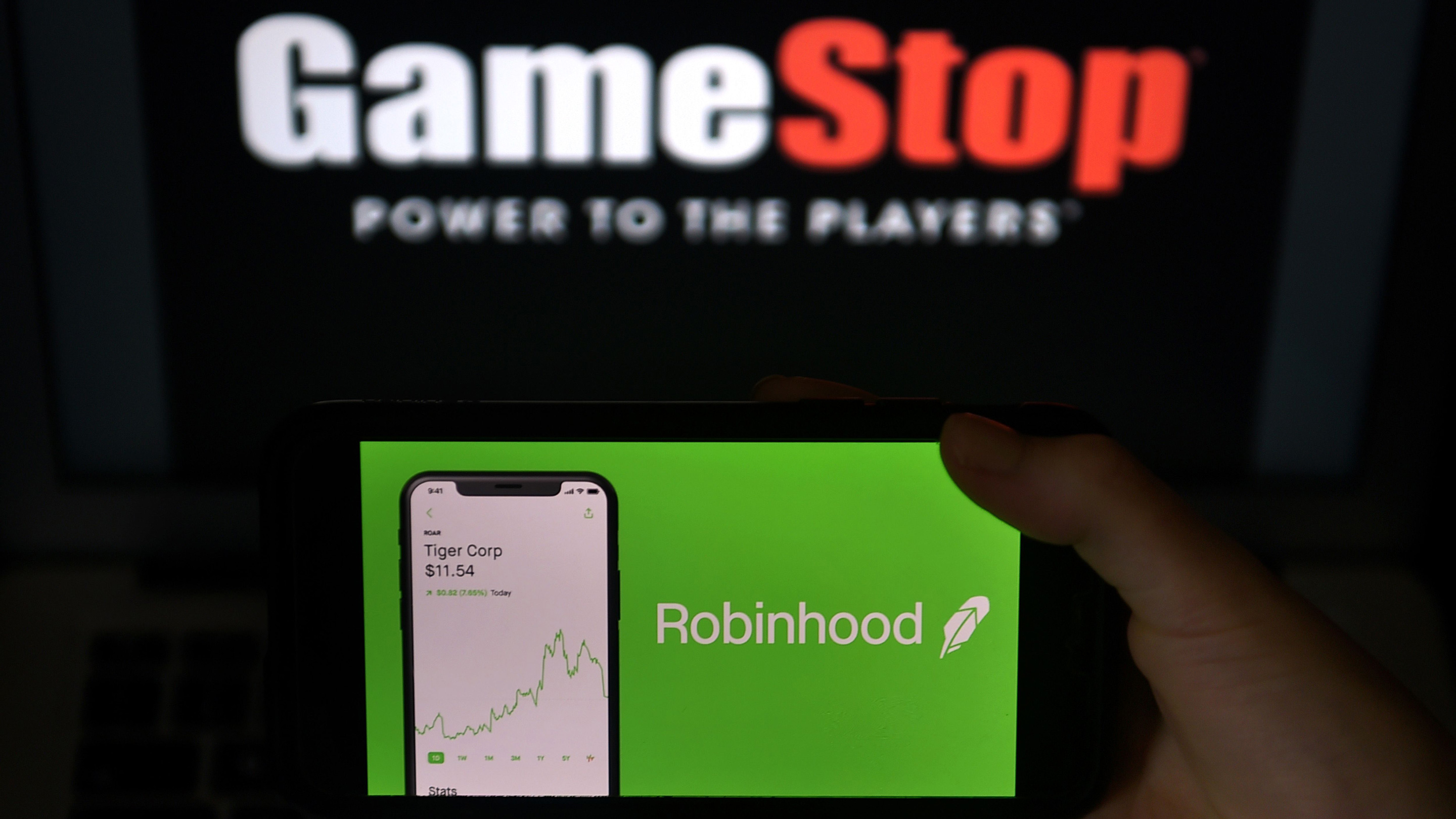Final week: 30-day financial makeover
TEXT OF INTERVIEW
Tess Vigeland: We’ve been talking to listener Gail George every week since the beginning of the month as she conducts a little life experiment for all of us. She’s been tracking her spending to find out where all the money really goes. So it’s time for a final check-in. Hi Gail.
Gail George: Hi Tess. How are you.
Vigeland: Doing well. And here to help us out as well, we’re joined by Gail Cunningham of the National Foundation for Credit Counseling. She’s spent years helping people create these family budgets. Hello, Gail number two.
Cunningham: Hi Tess. Glad to be here.
Vigeland:Excellent. Well, Gail George, let’s start with you. You’ve got a month’s worth of tracking under your belt now, so tell us what you think it did for you.
George: Well, I think it gave me insights into just how much I’m spending in a variety of areas that I guess I hadn’t really thought about before. I mean, I was paying things, but it just hadn’t dawned on me just how much all those things add up to.
Vigeland:Yeah, I remember at the beginning you were pretty sure most of your money was going towards groceries. Did that end up being the case?
George: No. I would say transportation, all sorts of car-related expenses and insurance and licensing and fuel and maintenance and all those things. Actually my car ended up, even though it’s paid for, the car ended up costing… I guess that fuel price going up is really making a difference to all of us.
Vigeland:And what else did you find that you were surprised by?
George: Medical. Because as a teacher, our medical is paid for. However, the out-of-pocket expenses are pretty high for things that are either not covered or that have co-pays and things like that. That’s quite a big chunk monthly as well.
Vigeland:Now Gail Cunningham, let me return to you. You have reviewed some of Gail George’s efforts. You want to give her a grade?
Cunningham: Oh dear, she is a school teacher, isn’t she? She’s used to handing out the grades. Well I’m going to give her A+ for agreeing to do this, because there’s nothing more powerful than seeing your spending habits staring back at you in black and white. And I’ve listened to all of your previous interviews and Gail started out doing this on paper. You know, I don’t care if people on a Big Chief tablet. Just the process of doing it creates such an awareness in people that that translates into changing their spending patterns.
Vigeland:Well, so what is she do now with all this information she’s gathered. What’s the next step?
Cunningham: Well I think that she sits down and evaluates if that’s how she chooses to spend her money. You know, we work really hard for our money and she can decide for herself if she’s happy with how this turns out or if those surprises that she’s mentioned, if there’s any latitude, any flexibility in those spending categories that she can move some money around, make some smarter choices. I noticed a couple of things: What about savings, Gail?
George:Yes, Tess and I had talked a little bit about that, that I want to try and put away four to six months worth of spending. I have a couple of things that I’m paying off right now and I want to finish paying those off and then I’m going to create a savings category. And thank you for mentioning that.
Cunningham: Excellent technique. Because for instance, when people pay off their car, I tell them to keep making that car payment, just make it to yourself. And I know that traditionally we hear that people like me, we suggest tabbing three to six months income socked away. That is being ratcheted up to eight to 12 months. This is the first time I’ve said this publicly, for the very reason, very response I got from you all, which would be the groan factor.
Vigeland:That was both of us, by the way, Gail George, who groaned.
Cunningham: I know it. It was in stereo. And Gail, what I would suggest to you is start socking away 10 percent of each take-home, each paycheck, toward that emergency fund, which should sustain you.
George: OK.
Vigeland:Gail George, do you think that’s possible, given your budget?
George: I do. Ten percent is something that I would like to try and get from my budget anyway.
Vigeland:What were you planning to do with this once you were finished? You know, you’ve got all this information now, how are you going to use it?
George: Well, this first budget that I’ve done now, I call this the “unenlightened budget.” This is the budget that was the truth, but I put it in and it doesn’t balance. And I said, “OK, now that you know the categories that are high, I’m going to start to tweak some of those categories and bring them more in line.” So yeah, there are definitely some categories that I can work on.
Vigeland:Gail Cunningham of the National Foundation for Credit Counseling. Thanks for joining us for this final effort here.
Cunningham: Loved it. And hats off to Gail George.
Vigeland:And hats off definitely to Gail George. Gail, thanks for doing this in such a public way. I think it’s probably helped a lot of our listeners.
George: Well that’s great. I know it certainly helped me and I appreciate the opportunity. Thanks Tess.
There’s a lot happening in the world. Through it all, Marketplace is here for you.
You rely on Marketplace to break down the world’s events and tell you how it affects you in a fact-based, approachable way. We rely on your financial support to keep making that possible.
Your donation today powers the independent journalism that you rely on. For just $5/month, you can help sustain Marketplace so we can keep reporting on the things that matter to you.


















